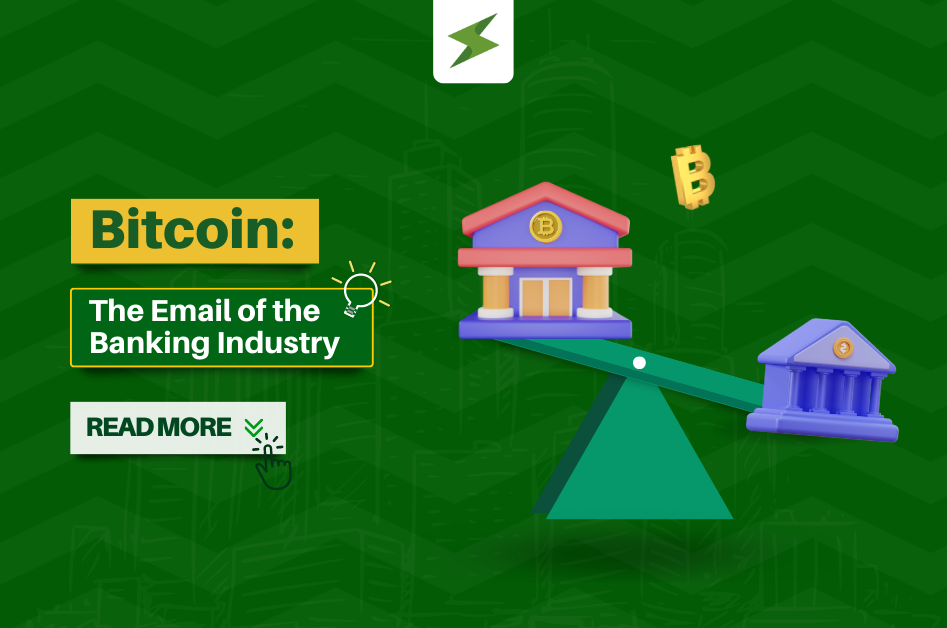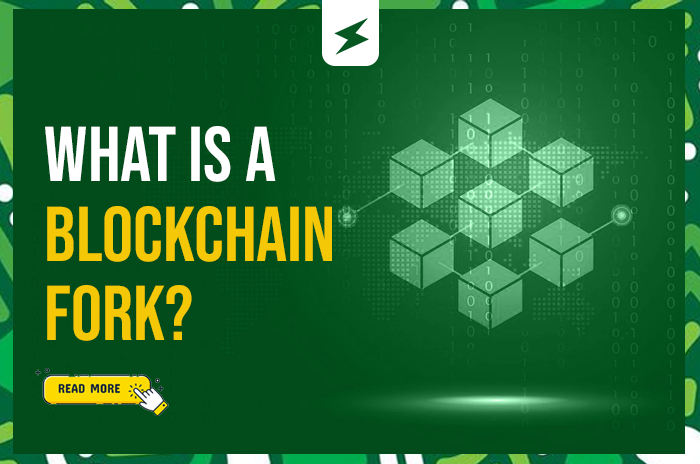
Before the advent of email, sending a letter meant visiting a post office and buying a stamp. However, with the rise of digital communication, the postal industry saw a significant decline in the volume of mail being sent, and eventually had to adapt to stay relevant. Similarly, Bitcoin and DeFi are offering a new way for people to manage their finances, and traditional banks are at risk of becoming obsolete.
The rise of digital technology has disrupted numerous industries, and now it’s the financial industry’s turn to feel the heat. Just as email disrupted the postal industry, Bitcoin and decentralised finance (DeFi) are poised to revolutionise traditional banking as we know it.
Bitcoin, the world’s first decentralised digital currency, operates on a peer-to-peer network and is not controlled by any central authority. Transactions are made directly between individuals, without the need for intermediaries. This is in stark contrast to traditional banking systems, where intermediaries like banks serve as trusted third parties.
In recent years, DeFi has emerged as a growing sector within the cryptocurrency space. It refers to a set of financial applications built on blockchain technology that offer a range of financial services, including loans, insurance, and investment opportunities. These services are accessible to anyone with an internet connection and a digital wallet, regardless of their geographical location or credit history.
DeFi is changing the traditional financial landscape by offering a more equitable and accessible financial system. By removing intermediaries, DeFi reduces the cost of financial services and eliminates the need for trust in centralised institutions. Additionally, DeFi offers more privacy and security compared to traditional banking systems, which are often susceptible to hacks and data breaches.
The impact of DeFi on traditional banking will be significant, and traditional banks must adapt to stay relevant. Banks that ignore the rise of DeFi risk becoming obsolete, much like the postal industry. On the other hand, banks that embrace DeFi and integrate blockchain technology into their systems will be able to offer new, innovative financial services and attract a new generation of tech-savvy customers.
Ultimately, email rocked the postal system, and Bitcoin and DeFi are doing the same for the financial sector. To remain relevant in the new digital era, traditional institutions must change and adopt DeFi. It’s thrilling to be a part of the DeFi revolution since it offers a financial system that is more accessible, equal, and secure.










